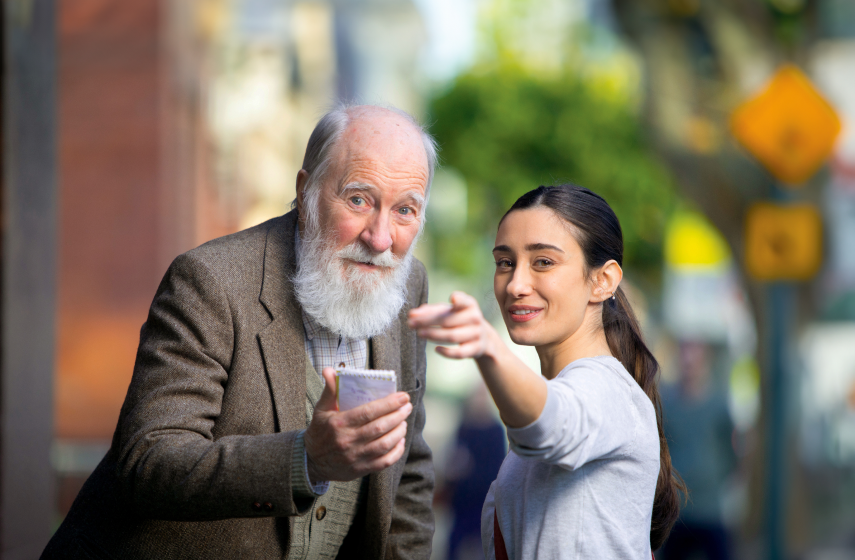We have all suspected that caring is as good for you as it is for those you care for.
Now there is scientific evidence to back this up.
According to new research, older aged care Support Workers may be extending their own lives, while they are helping others.
A study published in the journal Evolution and Human Behaviour found that people who cared for others, even occasionally, lived longer than people who didn’t.
As reported in Time Magazine, the researchers looked at survival data for more than 500 people between the ages of 70 and 103.
The people in the study were followed for almost two decades to find that among older adults who provided care for others, about half lived for seven years after the initial interview. The people who didn’t only lived an average of four years later.
The study also covered grandparents who were not the primary caregivers for their grandchildren but still took care of them on an occasional basis. The researchers also looked at people without children who took care of other people in their social circle.
The researchers found that grandparents who watched their grandchildren, and older adults who helped their adult children, were more likely to be alive 10 years after their first interview at the start of the study. Among the people who did not provide this type of care, half of the group died five years after the start of the study.
“This pattern suggests that there is a link not only between helping and beneficial health effects but also between helping and mortality,” the researchers write in the study.
Several studies have looked at the link between grandparents and longer living. Some studies have shown caregiving can improve a grandparent’s cognitive functioning and risk of depression. However, the authors of the new study have shown that caregiving may provide a health benefit for people even outside of family ties.
The study can’t confirm that caring for someone definitely increases lifespan, but evidence has long suggested that having a social circle can improve a person’s outcome.
The researchers believe the positive emotions experienced from helping others may combat the negative effects of emotions like stress. More research will be needed to understand the full mechanisms that underline the health benefits of helping others.
The study notes that full-time caregiving may cause more stress and a lack of resources for elderly people, and that striking a balance may be important. But the bottom line remains – helping others is likely worthwhile for health and longer living.




